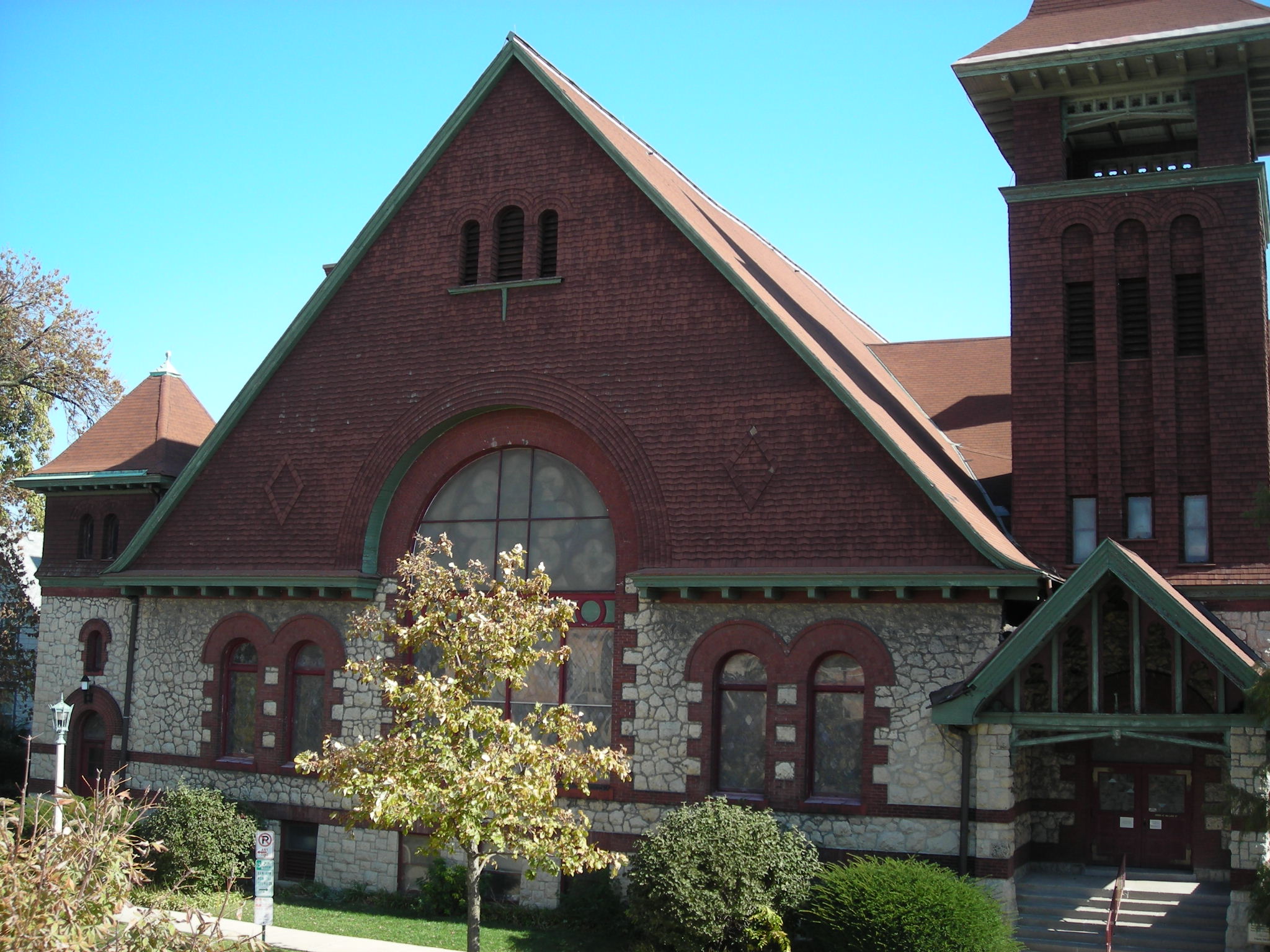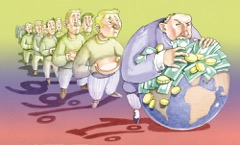
Life in Contrast
This past Sunday we contemplated making room for Christ to the sounds of Mary Chapin Carpenter’s “Come Darkness, Come Light.” It’s a song I love because it draws attention to deep contrasts in the Nativity. Mostly it’s a nighttime tale with light breaking in, often in supernatural ways—bright stars, angel choirs, heavenly visitations. That surely means something, particularly after we recall there were no rules in how this event unfolded. God could have accomplished what happened in Bethlehem anywhere, at any time, with anyone. So that invites us to consider the intentions behind the specifics. It would be unwise to assume anything is coincidental.
“Come Darkness, Come Light” keeps pointing toward contrasts. “Come broken, come whole… Come doubting, come sure… Come running, come walking slow…” At first we might think of these as either/or dualisms—opposites, even. But as they settle, they remind us the Birth we prepare to celebrate is really a study in contrasts, not dualisms. Light and darkness coexist; there can’t be one without the other. Brokenness is really incomplete wholeness, and wholeness is brokenness remedied. Running doesn’t preclude slowness any more than moving slowly at some points in our lives prevents our quickness at other times.
“You must live in the present,” Thoreau said. “Launch yourself on every wave, find eternity in each moment.” It certainly makes for beautiful poster copy. But we can draw real meaning from it as we watch contrasts unfold in the Christmas saga. There are times of impenetrable darkness as the key players struggle to comprehend what’s happening. Then there are moments of startling luminosity: dreams and visions, unexpected guests who serve as confirming presences, the unquestioning support of distant relatives and far-flung magicians. Throughout, darkness and light come and go moment by moment, as it does in any life, as it does in our own lives.
Contrasts bring clarity. That’s their blessing. We gauge brightness by darkness and vice-versa. We recognize justice would not taste nearly as sweet without the bitter taste of cruelty and inequality on our tongues. We know one moment’s gripping doubt will have to yield to another moment’s liberating assurance. Rejection’s barbs and brambles teach us to appreciate the velvet comfort of unconditional love and acceptance.
God comes to us in the night in ways we often can’t comprehend. Yet God remains constant with us, at our most dismal and at our most brilliant. It is never an “either/or.” It is always a “yes/and.” Finding life in contrasts opens us to the power of always.

This week we’ll continue our dialogue with the great Christian mystic, Richard Rohr, in his Advent devotional, Preparing for Christmas. And our attention will turn to contrasts—living not in lightness or darkness, but lightness-and-darkness (and all of the grays that fall in between) Join us for Bible study at 7:30pm CST this Thursday. We meet at Pilgrim Congregational Church, 460 Lake Street, Oak Park. If you’re unable to be with us in person, you can join us online via FB Live. See you then!
We need your help!
As we think about the future of Gather, please let us know what gifts you bring and would like to share with the community. There are many roles that have to come together to make Gather happen every week. This includes setup, technical support, worship, managing handouts and information, coordinating drinks, and teardown. We need your help. Please let us know what type of service you’d be interested in!
Watch God Work,
Tim & Shea
As we prepare to become a vibrant worshipping community, we invite you to enjoy a Spotify playlist that captures the kind of worship we hope to embrace. Give it a spin while you’re driving. Make it your workout jam. Add it to your devotional time. Most of all, feel yourself becoming part of a sacred village of believers who love their God and one another!
Check out the Gather Worship Playlist here.










